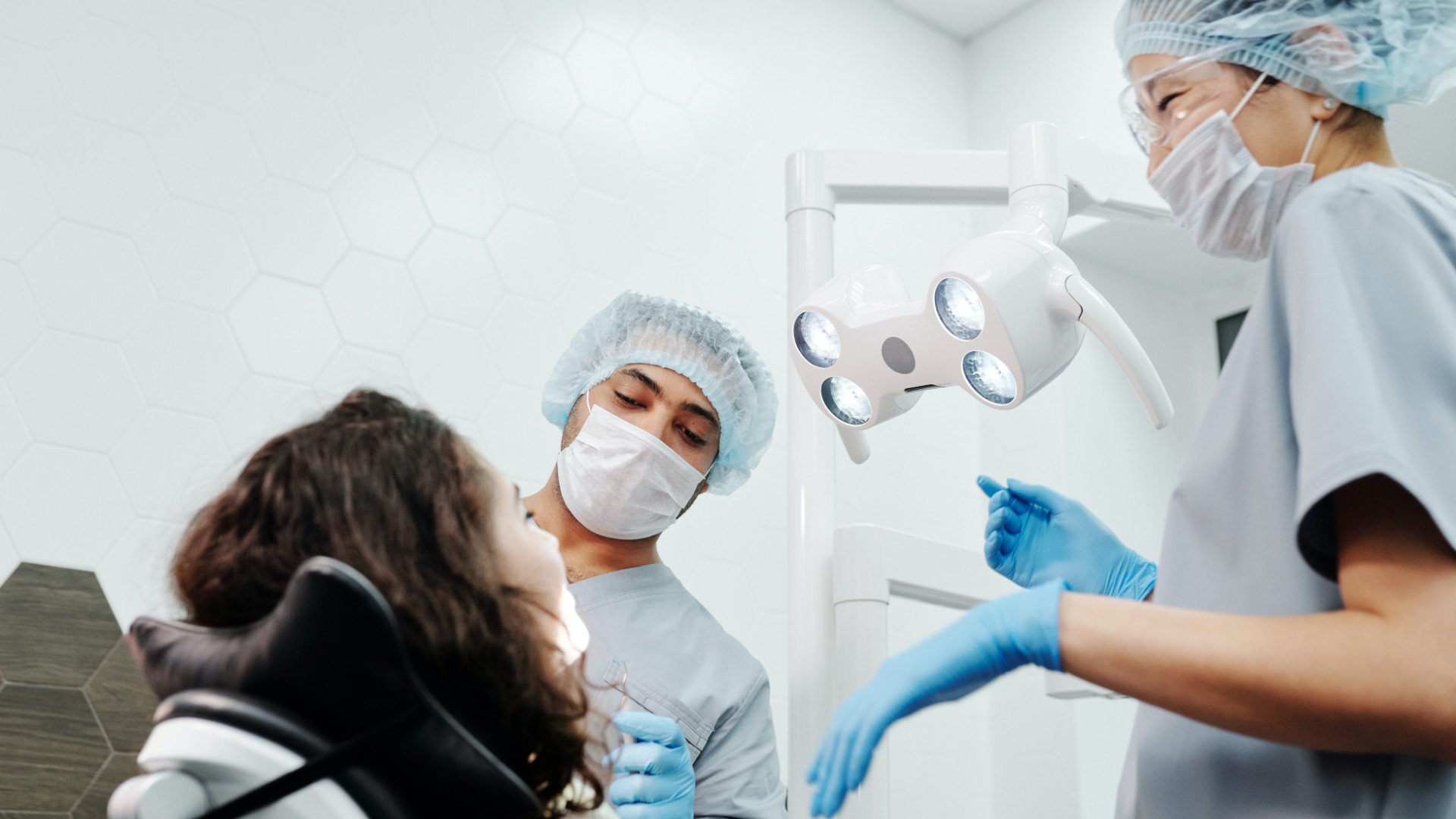
Licensed Practical Nurse (LPNs)
Licensed Practical Nurses (LPNs) are an essential part of the healthcare team. They provide basic patient care under the supervision of Registered Nurses (RNs) and Doctors. LPNs work in a variety of healthcare settings, including hospitals, nursing homes, and clinics.
The duties of an LPN can include:
Taking vital signs
Administering medications
Providing wound care
Assisting with bathing and dressing
Monitoring patients' conditions
Providing emotional support to patients and their families
Communicating with other members of the healthcare team
To become an LPN, you must complete a diploma or associate degree in practical nursing. The program typically takes one year to complete. Once you have graduated, you must pass the National Council Licensure Examination for Practical Nurses (NCLEX-PN).
LPNs are in high demand. The Bureau of Labor Statistics projects that employment of LPNs will grow 16% from 2020 to 2030, much faster than the average for all occupations.
This growth is due to the increasing demand for healthcare services, as well as the aging population.
If you are interested in a career in healthcare, becoming an LPN is a great option. LPNs provide important care to patients, and they play a vital role in the healthcare team.
Here are some of the benefits of becoming an LPN:
High demand: The demand for LPNs is expected to grow in the coming years, so you'll have good job prospects.
Variety of settings: LPNs can work in a variety of healthcare settings, so you can find a job that fits your interests and lifestyle.
Flexible hours: Many LPN jobs offer flexible hours, so you can balance your work and personal life.

